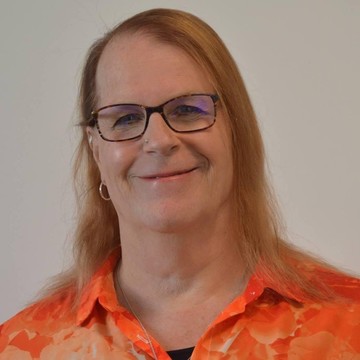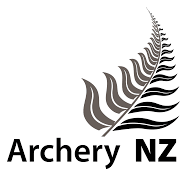Equity, Diversity and Inclusion
Equity embodies the values, policies, and practices that ensure that all people — including, but not limited to, those who have been historically underrepresented based on race/ethnicity, age, disability, sexual orientation, gender, gender identity, socioeconomic status, geography, citizenship status, or religion — are represented in the development of policy; the support of all participants; the nurturing of accessible, thriving venues and opportunities for expression; and the fair distribution of programmatic, financial, and informational resources.
The project is to create a purpose-driven subcommittee of the Board of Archery NZ committed to the principles of Equity, Diversity and Inclusion.
Everyone, regardless of their race/ethnicity, age, disability, sexual orientation, gender, gender identity, socioeconomic status, geography, citizenship status, or religion, deserves equal access to opportunities and services and their safety should be protected.
What is the purpose of the project?
Equity, Diversity and Inclusion Subcommittee
Whakatauakī: He waka eke noa (A canoe which we are all in with no exception).
The Archery New Zealand (Inc) Equity and Inclusion Sub committee enables the organisation to:
- fulfil all obligations under Ti Tirit o Waitangi as referred to in the Constitution of Archery New Zealand (Inc)
- ensure legislative compliance with
- New Zealand Bill of Rights 1990
- New Zealand Human Rights Act 1993
- ensure stakeholder compliance with
- World Archery Rules and Regulations
- New Zealand Olympic Committee
- Sport New Zealand
- High Performance Sport New Zealand
- Drug Free Sport New Zealand
- comply with the Archery New Zealand (Inc) Strategic Plan;
- comply with all requirements as determined in the:
- Archery New Zealand (Inc) Constitution
- Archery New Zealand (Inc) Rules and Regulations
- Archery New Zealand (Inc) Complaints Policy
- Archery New Zealand (Inc): Disputes and Discipline Policy
- Archery New Zealand (Inc) Member Protection Policy
What were the enablers that proved successful in your project?
- This is an area outside the organisation’s traditional comfort zone.
- The board embraced the concept but didn’t know where to start.
- The restructure presented the perfect opportunity.
- The multicultural nature of Tamaki Makaurau Auckland and the appointment of a transgender woman to the board provided a springboard to change.
- Ti Tiriti o Waitangi was initially a step too far but the realisation that the two biggest clubs in the country lease club land from the Tūpuna Maunga o Tāmaki Makaurau Authority presented an excellent opportunity for change.
- As with the other subcommittees of the board, this is co-chaired by a Singaporean Muslim woman and a transgender whakawahine but includes others from outside the board.
- There is also a group of specialist advisers who support the subcommittee.
- It’s fair to say that it’s early days but the will is strong.
What impact did your project have?
The scope is:
- To review stakeholder policies and practices.
- To review and revise all Archery New Zealand (Inc) documentation as listed in this document and elsewhere.
- To consult widely and appropriately.
- To review Archery NZ (Inc) Complaints Policy.
- To review Archery NZ (Inc) Disputes and Discipline Policy.
- To recommend changes and amendments to policy.
- Advise ways the board can improve equity and inclusion philosophies, policies, processes and practice.
- To identify available training for board members, subcommittee members, selectors, coaches and clubs around equity, inclusion, conscious and unconscious bias, and discrimination.
- Research, consult and recommend criteria for the selection and appointment of a permanent Complaints Panel core group.
- To ensure broadly representative and inclusive panel selection practices are engaged.
- To advise ways that additional appropriately skilled people may be identified.
- To ensure members of the Complaints Panel core group are impartial, unbiased and free of prejudice.
- To identify additional training that proposed appointees may be required to take to ensure a deep and rich understanding of equity, inclusion, conscious and unconscious bias and discrimination.
- Advise on ways additional appropriately skilled people can be identified.
- Advise ways the board can improve equity processes and practices.
- To retrospectively review policies and processes and review unresolved complaints.
What were the outcomes for women?
- The focus of this subcommittee is firmly on equity with women at its heart.
- This includes a sharp focus on safety with a lens on women of colour and women who identify as LGBTQI.
- A strong emphasis on promoting women and girls in the sport.





















